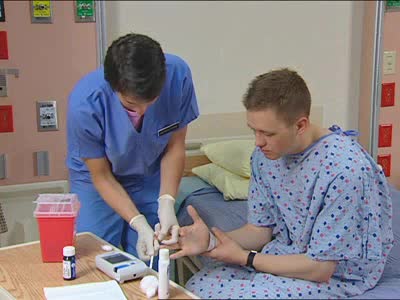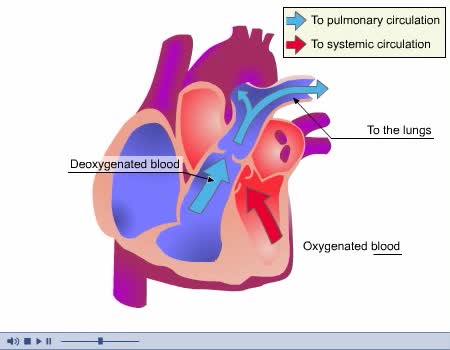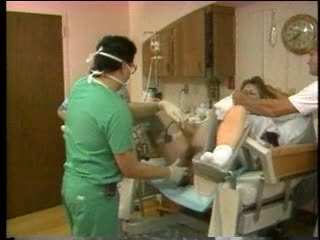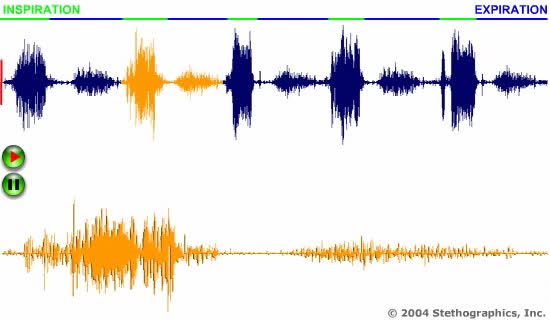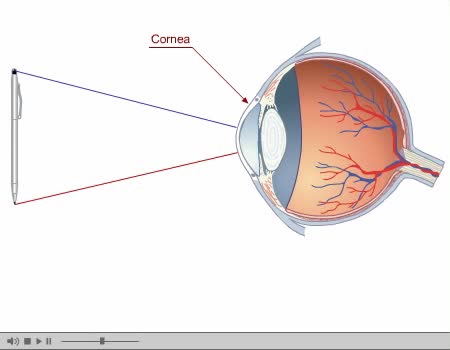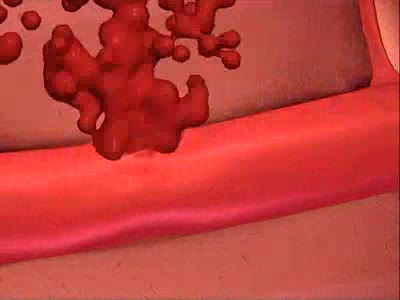Search Results
Results for: ''
Dissociative Disorders (Part 3)
By: Administrator, Views: 14368
Dissociative disorders (DD) are conditions that involve disruptions or breakdowns of memory, awareness, identity, or perception. People with dissociative disorders use dissociation as a defense mechanism, pathologically and involuntarily. Some dissociative disorders are triggered by psychological...
By: Administrator, Views: 14665
Hb A1C Test Blood test used to: diagnose diabetes identify people at risk of developing diabetes monitor how well blood sugar levels are being controlled by the diabetic patient Fasting Blood Sugar (FBS) Test performed on blood to determine the level of sugar in the bloodstream. Also ref...
Second Stage of Labor and Delivery
By: Administrator, Views: 670
During labor forceful contractions move the fetus down the birth canal and expel it from the uterus. Signs and symptoms that labor is about to start can occur from hours to weeks before the actual onset of labor. Braxton Hicks contractions Irregular contractions that begin in the second trim...
By: Administrator, Views: 14514
Pre-eclampsia (PE) is a disorder of pregnancy characterized by the onset of high blood pressure and often a significant amount of protein in the urine. When it arises, the condition begins after 20 weeks of pregnancy. In severe disease there may be red blood cell breakdown, a low blood platelet c...
By: Administrator, Views: 14741
A heart attack occurs when an artery supplying your heart with blood and oxygen becomes blocked. Fatty deposits build up over time, forming plaques in your heart's arteries. If a plaque ruptures, a blood clot can form and block your arteries, causing a heart attack.
Lung Sounds Animation (3 of 5)
By: Administrator, Views: 430
Respiratory rate is regulated by the respiratory center located in the medulla oblongata. Respiratory rates for some different age groups: Newborn 30 – 80/min 1st year 20 – 40/min 5th year 20 – 25/min 15th year 15 – 20/min Adult 12 – 20/min
Virtual Tour of the Eye Animation
By: Administrator, Views: 14125
Eye Composed of special anatomical structures that work together to facilitate sight: Cornea Pupil Lens Vitreous body Light stimulates sensory receptors (rods and cones) in the retina or innermost layer of the eye. Vision is made possible through the coordinated actions of nerves that co...
By: Administrator, Views: 14192
An aneurysm refers to a weakening of an artery wall that creates a bulge, or distention, of the artery. Most aneurysms do not show symptoms and are not dangerous. However, at their most severe stage, some can rupture, leading to life-threatening internal bleeding.
Advertisement




